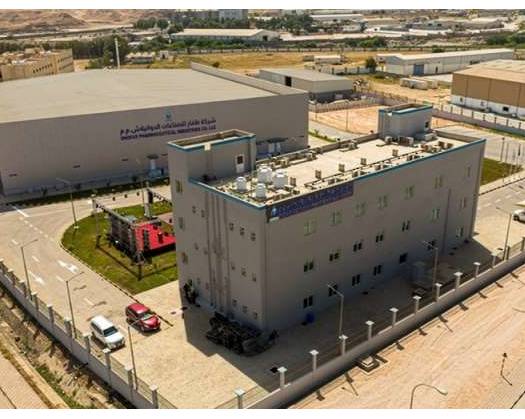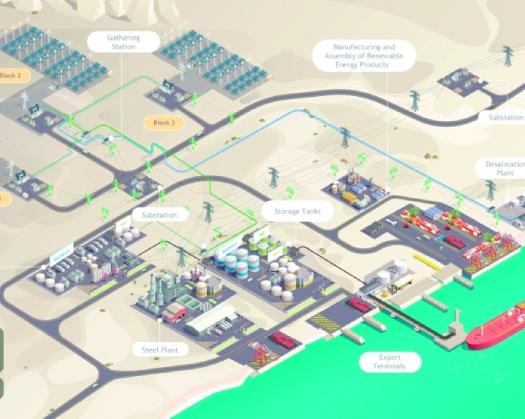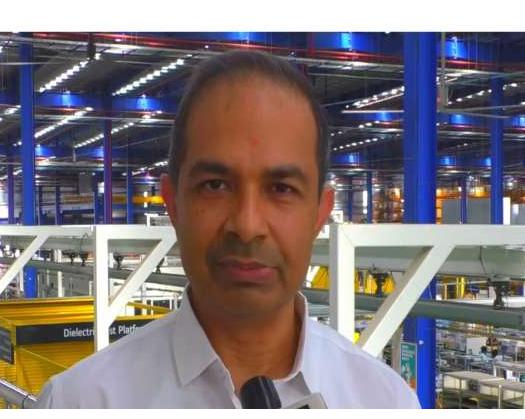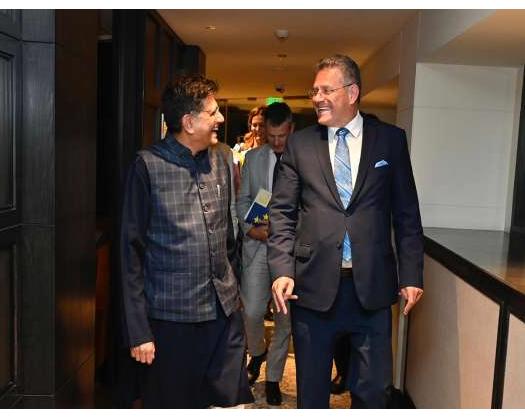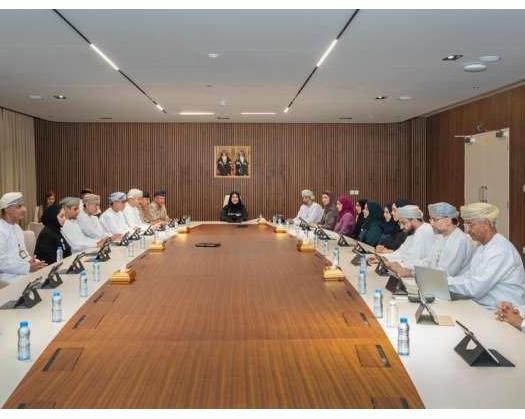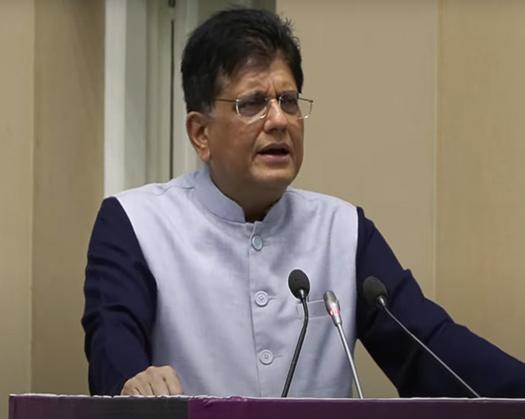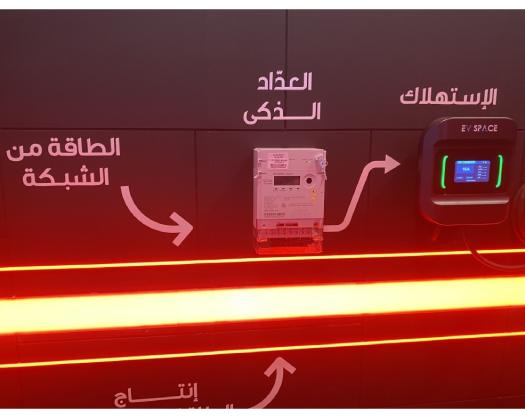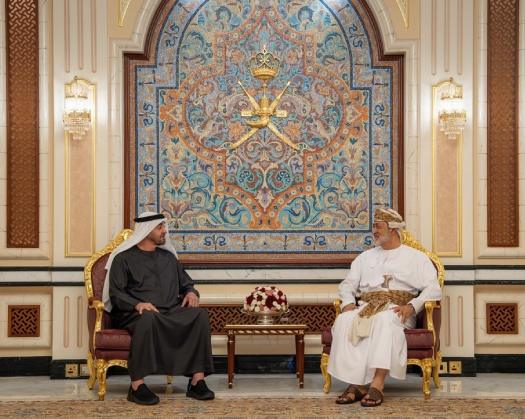Salalah: Dhofar Governorate has made considerable progress in the localization of pharmaceutical manufacturing and medical supplies. The campaign aims to ensure the availability of medical supplies in the Sultanate of Oman and to fulfill the demands of local and regional markets. Investments in this vein total RO 90 million.
Ibrahim Nasser Al Rashdi, Director General of the Drug Safety Centre at the Ministry of Health, told Oman News Agency (ONA) that the Dhofar Governorate's pharmaceutical industry is booming, with three large pharmaceutical plants contributing to the health sector's demands while decreasing reliance on imports.
According to Al Rashidi, Dhofar Pharmaceutical Industries' facility in Raysut Industrial City, which opened in September 2024, cost more than RO 15 million to establish. The business, he stated, is one of the pharmaceutical projects that specializes in the manufacture of intravenous and dialysis solutions utilizing sophisticated technology and adhering to the highest worldwide quality standards.
He noted that the facility, which spans 22,000 square metres and is located in Raysut Industrial City, satisfies local demand for pharmaceutical solutions, helping to achieve drug security in Oman, the Middle East, and North Africa.
The facility has an annual manufacturing capacity of 15 million bottles of intravenous solution and 2. 3 million units of kidney dialysis solutions, according to Al Rashdi, who adds that the factory meets the needs of Oman's health sector thanks to its output of 5 million units per year.
Oman Pharmaceutical Industries Company factory is another plant that the firm operates. According to Al Rashdi, it has been one of Oman's most well-known pharmaceutical producers since its inception in 2001.
The plant has a total investment value of RO 35 million. According to Al Rashdi, the business, which is situated in Raysut Industrial City in Salalah, intends to strengthen the domestic pharmaceutical sector and give high-quality pharmaceutical goods to the Omani and global markets.
He further stated that Oman Pharmaceutical Industries Company's plant manufactures a diverse variety of pharmaceuticals, including antibiotics, hormones, topical preparations, effervescent tablets, and solid and liquid pharmaceutical forms.
The unit's products are exported to over 45 countries worldwide, including the United States and Europe, demonstrating its dedication to worldwide quality standards, he added.
Al Rashidi emphasized that Raysut Industrial City has a plant that manufactures medical supplies such as gloves, medical masks, and respirators.
The facility has an investment value of around RO 5 million, according to Al Rashdi, who stated that it can satisfy the needs of the local and GCC health sectors.
Al Rashdi stated that Salalah Medical Supplies Manufacturing Company was founded in 1997 and that the company's factory is also situated in Raysut Industrial City, covering 18,000 square metres. He said the factory's products range from medical gloves, masks, cotton, bandages, and adhesive tapes.
The organization manufactures and distributes its goods around the Sultanate of Oman, as well as exporting them to other GCC countries.
Al Rashdi highlighted the significance of the Sultanate's pharmaceutical sector, saying that the Felix Pharmaceutical Industries plant is expected to cost RO 35 million to build.
The goal is to turn the Salalah Free Zone into a regional hub for pharmaceutical and biological industries, which will help the Sultanate of Oman and other GCC nations achieve drug security.
Al Rashdi stated that the facility intends to manufacture over 100 medicinal products, including antivirals, heart illness treatments, and vaccinations, in subsequent phases. The first phase's production capacity is estimated to be one billion pills and one billion capsules each year, he stated.
It is worth mentioning that the Sultanate of Oman wants to strengthen drug security by supporting domestic and foreign investment in the medical industry. This attempts to reduce reliance on medicine imports and boost output to meet local needs in accordance with the goals of Oman Vision 2040.

